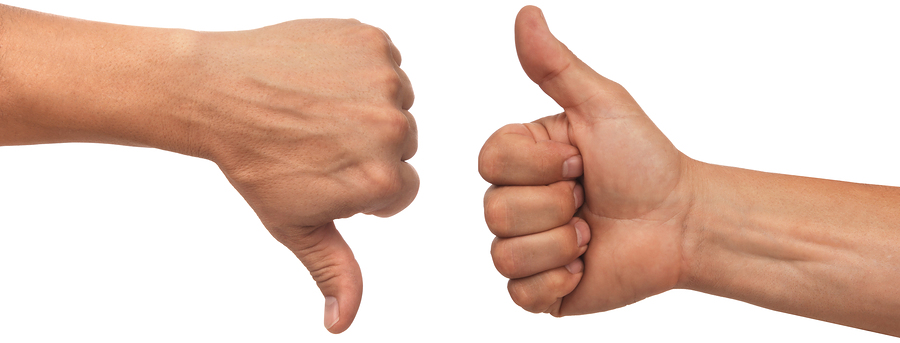


What research will be needed to take reflexology out of the category of pseudo-science in the West? The question gave us pause. For one thing, reporters usually ask if there is any research into reflexology. For another, our answer was that the future is here: there is sufficient research to explain reflexology in terms of science. Whether or not scientists will listen is the real issue.
You see, the reporter was from the Singapore Strait Times, circulation 400,000. Reflexology is culturally entrenched in Singapore and throughout the Far East. It's a huge industry with competing chains of reflexology spas each with hundreds of outlets and tens of thousands of employees. Parks and condominium complexes are dotted with reflexology paths where people walk for their health. Extensive research from this region not only confirms the generally recognized health benefits of reflexology but prompts its use by personnel in medical facilities.
Meanwhile, half a world away in the United Kingdom, a BBC program dismissing reflexology was broadcast March 24, 2008. The presenter, Professor Kathy Sykes, a physics professor at the University of Bristol, discounted 15 reflexology research studies without discussion and termed the validity of reflexology as on par with the touch offered at "cuddling parties."
Does reflexology bring out the human side of science, the scientists so entrenched in their culture and history that they disregard any research that does not match their world view no matter how profound? The BBC program demonstrated a half-hearted attempt to research reflexology and reflected a cultural bias casting the field in an unfair light. Rather than a scientific mission, it was a response obtained through intuition rather than through reasoning or observation.
Some forty-two reflexology research studies are listed at PubMed, repository for research found to be valid by the world's most rigorous of scientific standards and maintained by the American government. A little more digging unveils studies that draw a picture of "mechanisms of action," physiological reasons why reflexology would have an impact on individuals' specific health problems. These studies use the most up-to-date and high tech medical measurements to show how reflexology effects the body: EEG, EKG, functional MRI and Doppler sonogram. No matter what the interpretation, these studies demonstrate that there's something very real going on in the body in response to reflexology work.
So ingrained is their cultural bias that scientists miss the big picture. As demonstrated by these studies, there are real people who are now and can be in the future helped to a healthier life by reflexology. Research shows that reflexology helps cancer patients, phantom limb pain sufferers, hemodialysis patients, diabetes patients and many more ill individuals whose need for help exceeds that available through medical practices. Research chronicles how they have been helped by reflexology. And, then there are those of us who choose to add reflexology to our lives to combat illness and / or to maintain our health. Reflexology studies merely bolster what common sense has taught us. We have used reflexology and we are healthier for it.
© 2008 Kunz and Kunz
| Reflexology Books | Reflexology Charts | Reflexology Logo Products | Self Help Reflexology | Reflexology Ebooks | Reflexology IPhone App |


|
Monitor page for changes |
©Kunz and Kunz 2009